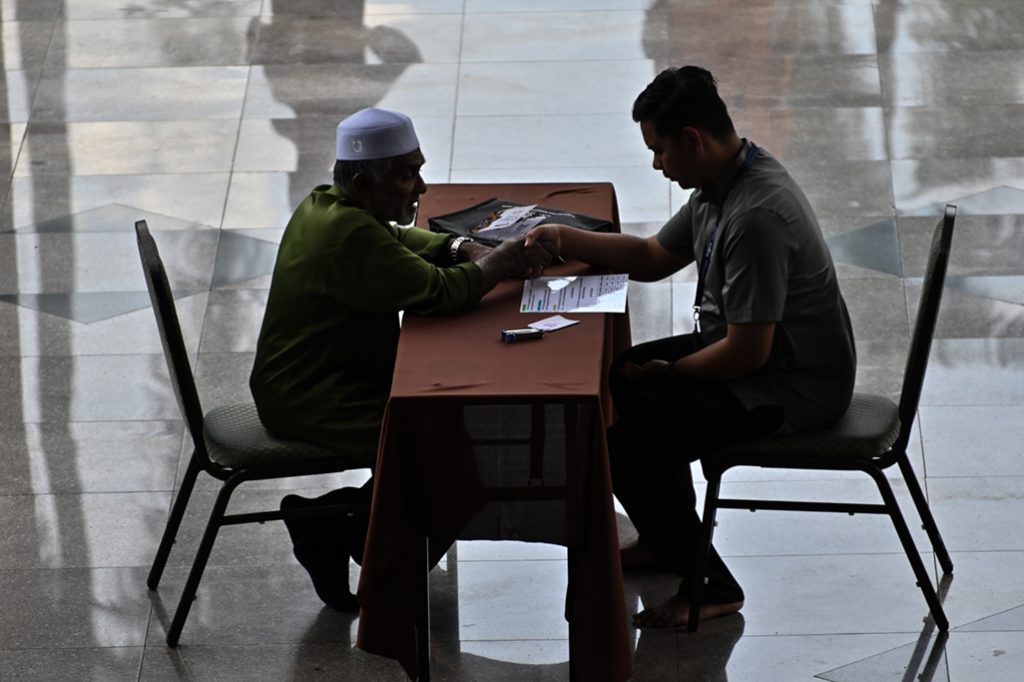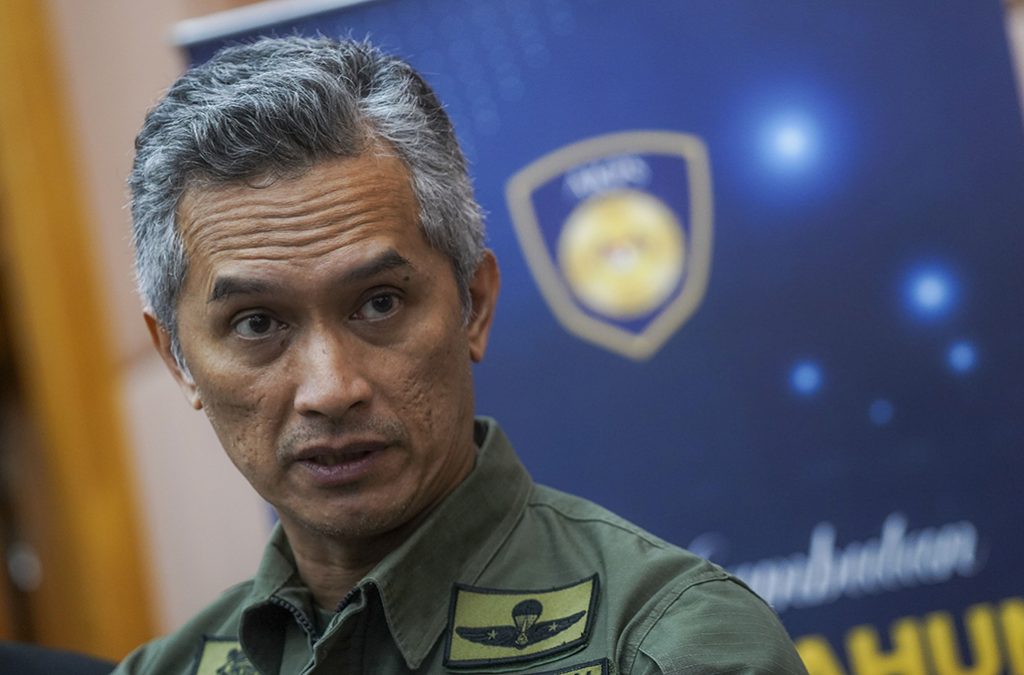NEW DELHI, Feb. 3, 2026 /PRNewswire/ — Comviva, the global leader in customer experience and data monetization solutions, today announced the launch of its next-generation Digital Distribution Management System for channel partners, working with CelcomDigi Berhad, Malaysia’s largest mobile network operator.

With over 20+ million users, CelcomDigi has strengthened its digital distribution capabilities with the launch of a Unified Digital Distribution Management System powered by Comviva’s BlueMarble Retail platform. Designed for its channel partner ecosystem, the solution streamlines and automates sales and distribution operations across online, direct, and indirect channels, enhancing efficiency and customer experience.
The platform consolidates multiple legacy systems into a single, resilient system that supports mission-critical business processes and cross-enterprise integrations. Integrated with over multiple enterprise systems and approximately 300+ touchpoints, the transformation enables seamless operations at scale, onboarding tens of thousands of partners, outlets, and users.
Rajesh Chandiramani, Chief Executive Officer at Comviva, expressed his enthusiasm, “At Comviva, we are passionately committed to jointly creating a new digital future for our customers. This collaboration with CelcomDigi marks a strategic step forward in our mission to empower our clients with cutting-edge technology and unparalleled operational excellence. Our BlueMarble Retail platform is a great forward step to help telcos engage digitally with their channel partners, accelerate innovation, and provide compelling customer experience.”
This marks a significant milestone in Malaysia’s telecom market, combining Comviva’s cutting-edge technology with CelcomDigi’s extensive market presence to create a robust, efficient, and unified sales system. The advanced Digital Distribution Management System is set to become a one-stop solution for inventory management, partner management, and customer service, significantly reducing inefficiencies and enhancing overall performance. It will further streamline CelcomDigi’s sales operations to ensure seamless transactions and improved customer experience.
Comviva’s BlueMarble is a modular commerce, order management, customer care and partner management digital platform. It is a 5G ready, cloud-native, microservices based, open digital solution that delivers business agility by offering personalized customer experiences and journeys.
Logo: https://arah.my/wp-content/uploads/2026/02/Comviva_Logo.jpg
![]() View original content:https://www.prnewswire.co.uk/news-releases/comviva-launches-next-generation-digital-distribution-management-system-for-enhanced-channel-partner-collaboration-with-celcomdigi-302677302.html
View original content:https://www.prnewswire.co.uk/news-releases/comviva-launches-next-generation-digital-distribution-management-system-for-enhanced-channel-partner-collaboration-with-celcomdigi-302677302.html

The post Comviva launches next-generation Digital Distribution Management System for enhanced Channel Partner collaboration with CelcomDigi appeared first on The Malaysian Reserve.













